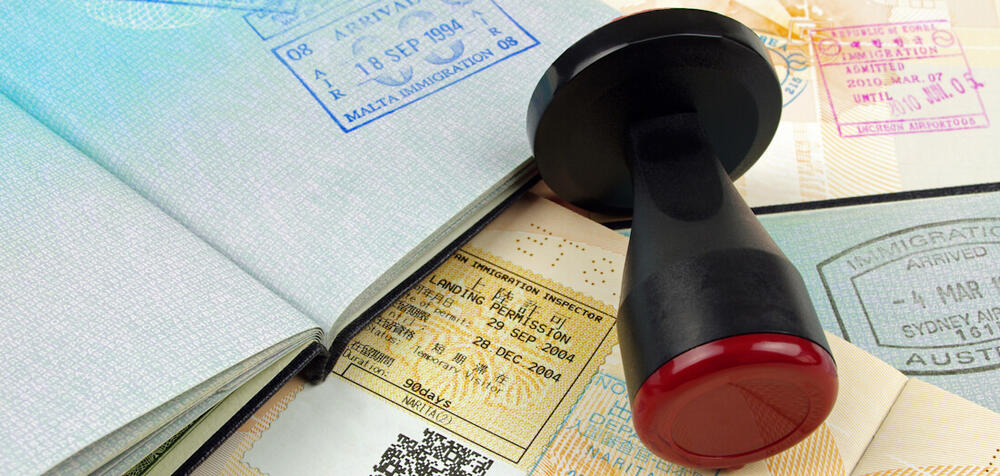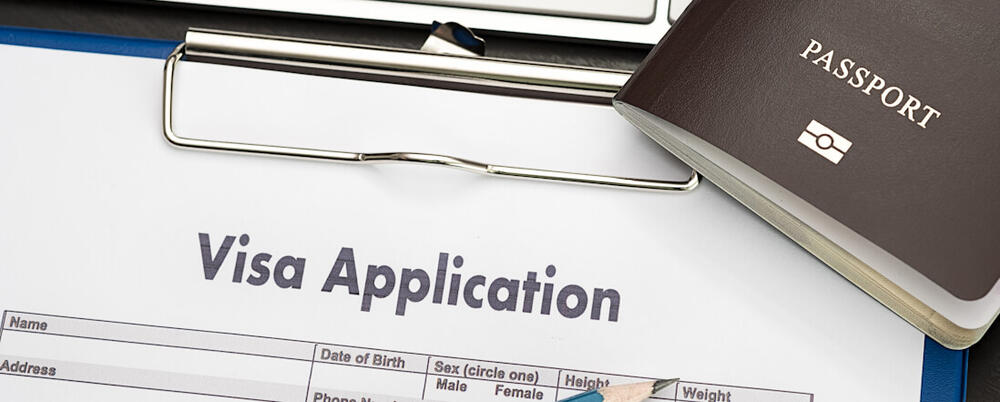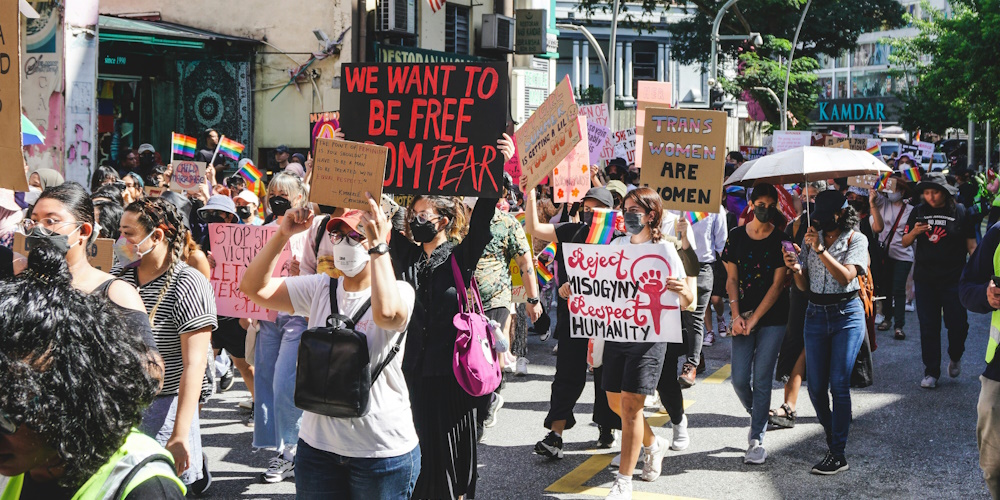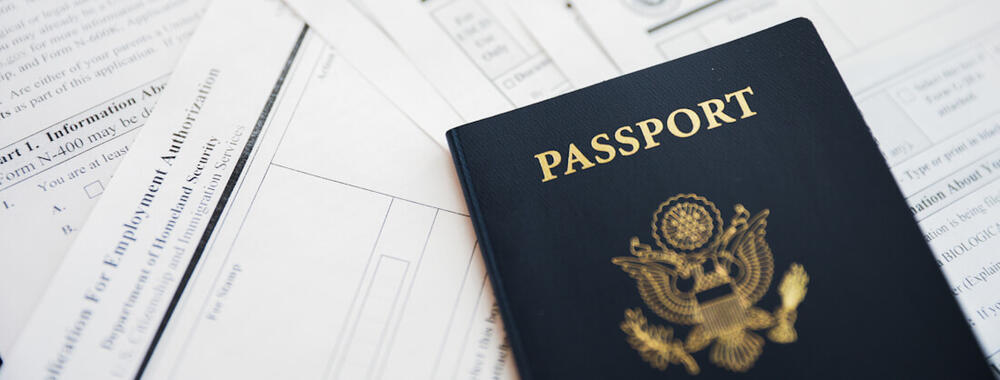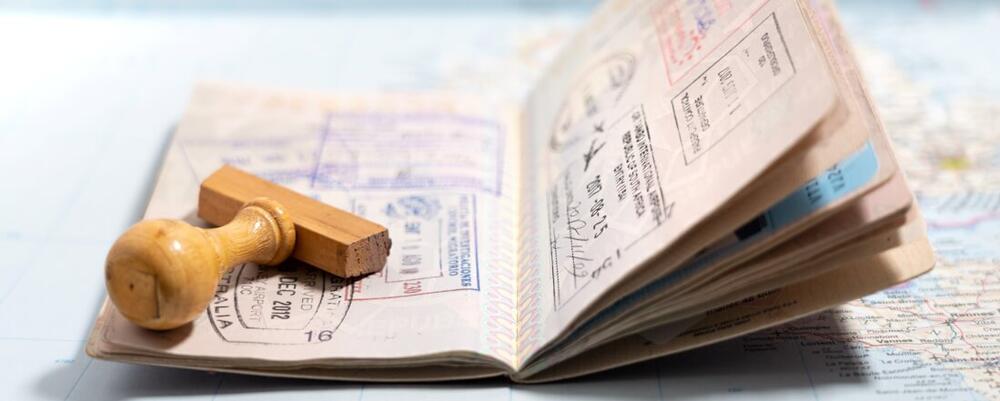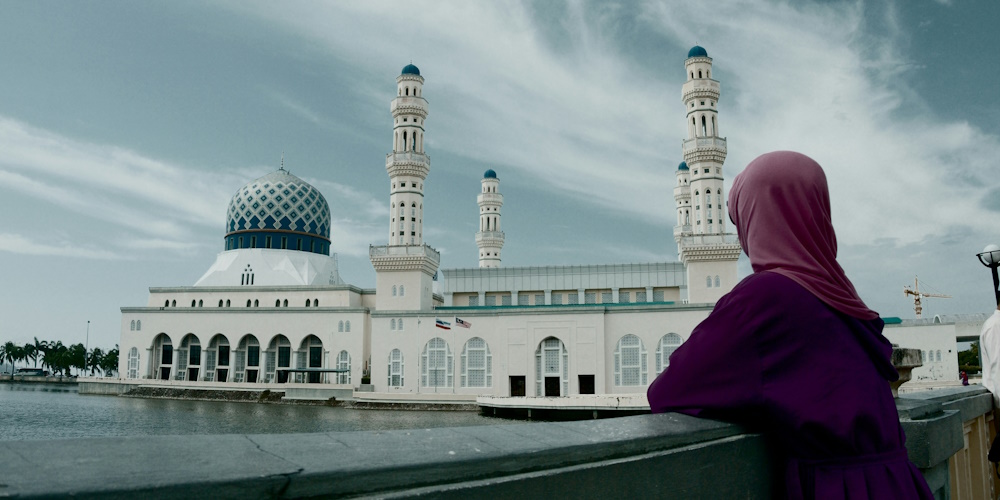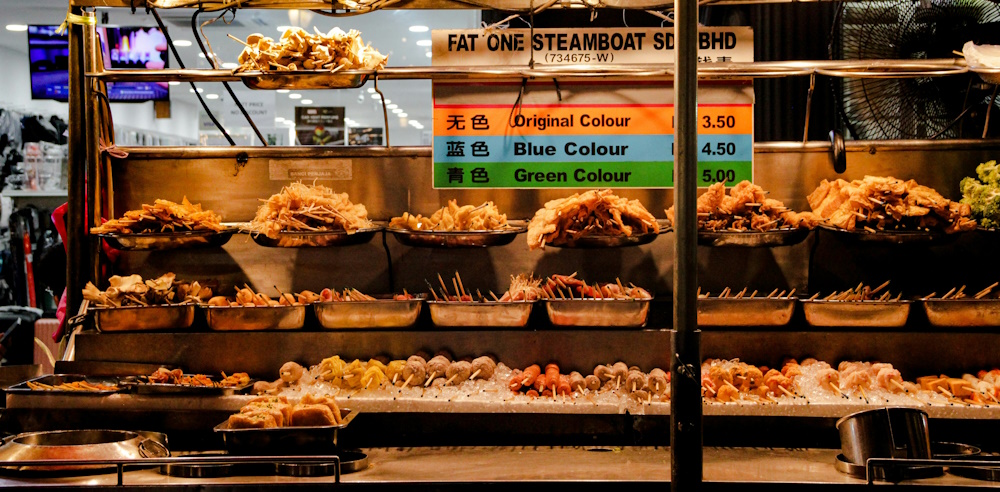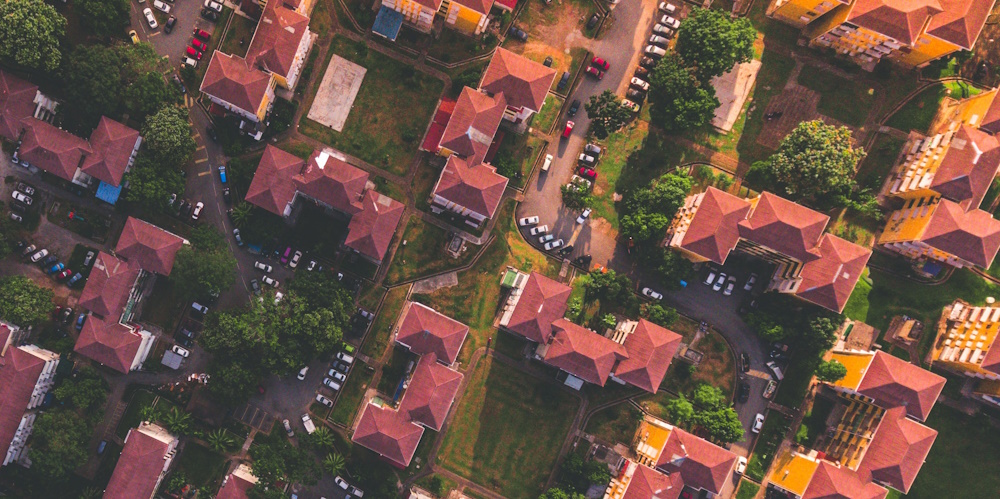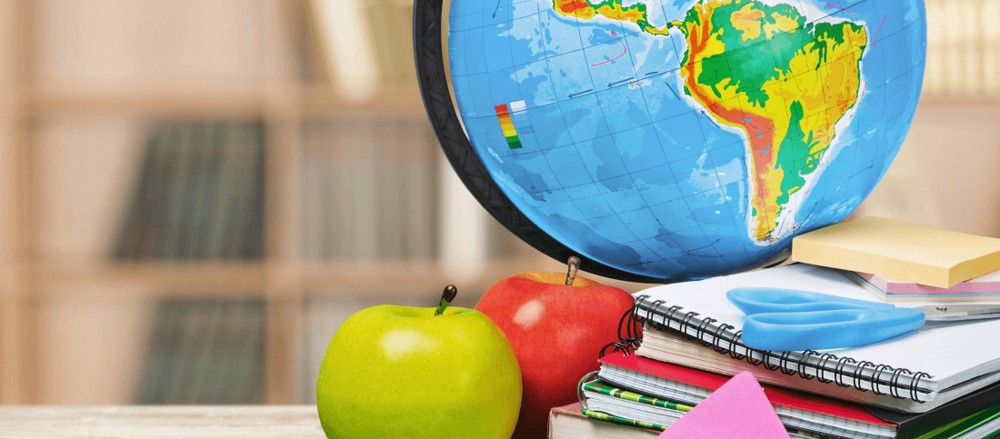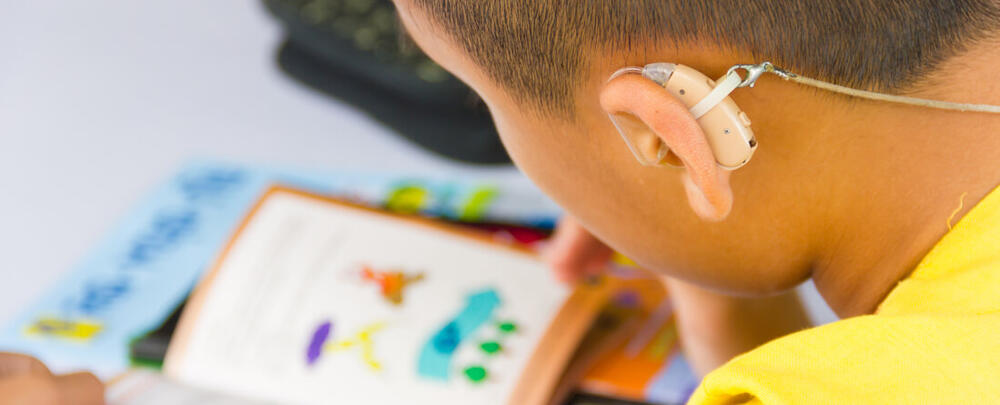With a vast mix of cultures and nationalities, living in Malaysia as an expat offers a lifestyle filled with first-world comforts and conveniences, while its easily accessible jungles and island getaways still allow for a sense of adventure.
The country consists of two different geographical regions separated by the South China Sea. To the west is Peninsular Malaysia, while the sparser territory of East Malaysia includes the Sabah and Sarawak regions of Borneo Island.
Living in Malaysia as an expat
Kuala Lumpur, Malaysia’s capital and largest city, is the country’s financial, cultural, and economic centre and a major hub for international air travel. Among the skyscrapers and Dutch architecture, the city is packed with luxury shopping malls, quality restaurants, and colourful markets. It is a melting pot of cultures with an energetic lifestyle.
As a popular tourist destination, Malaysia presents myriad opportunities to explore dazzling beaches, serene nature hideaways, and vast tea plantations to escape the city bustle over weekends.
Moving to Kuala Lumpur
Working in Malaysia
Working in Malaysia is an opportunity to be part of a rapidly growing economy. The country has transformed from a resource-export economy to a hub for industries like science, tourism, commerce, and medical tourism. This shift has brought more employment opportunities for expats in Malaysia.
There are many opportunities for expats in Malaysia, and Kuala Lumpur offers a range of career prospects across different industries. Currently, sectors such as engineering, construction, healthcare, and information technology are experiencing significant growth, creating a demand for expats.
Employers are required to advertise vacancies locally before hiring foreigners, but high-salary roles and specialist positions are often exceptions to this rule, making it easier for expats to secure high-level opportunities.
Working in Malaysia
Business Culture in Malaysia
Accommodation in Malaysia
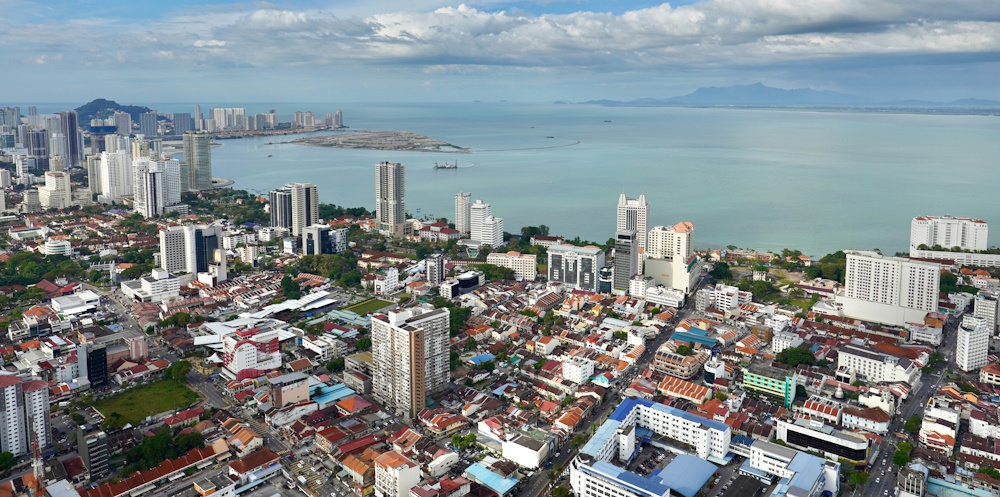
Finding accommodation in Malaysia is generally straightforward, with plenty of options ranging from standalone houses to condominiums equipped with gymnasiums and swimming pools. Housing here is largely quite inexpensive compared to Western cities, and you will likely be able to afford a more spacious abode.
That said, the housing price in central Kuala Lumpur can be steep compared to other parts of the country. The housing market has experienced significant changes recently, with a rise in rental rates as the market recovers post-pandemic. Rental rates vary widely, with Kuala Lumpur City Centre (KLCC), Bangsar, and Damansara Heights being particularly popular among expats.
KLCC is ideal if you want to be at the heart of the action, with luxury accommodations and easy access to shopping, dining, and entertainment. For a more community-oriented vibe, Bangsar is a great choice, offering a mix of bungalows and condos alongside a bustling social scene. Damansara Heights, often called Kuala Lumpur’s Beverly Hills, is perfect for families, with spacious homes, gated communities, and proximity to international schools.
Accommodation and Utilities in Malaysia
Finding a Rental in Kuala Lumpur
Best Areas and Suburbs in Kuala Lumpur
Cost of living in Malaysia
The cost of living in Malaysia is generally low compared to other major cities in Asia and around the world. Your biggest expense will most likely be accommodation, with food, transport, and healthcare much more affordable compared to Western countries like the US or UK. Utilities can also be an unexpected expense, with costs fluctuating during peak usage, especially for air conditioning and internet services.
Inflation and exchange rate fluctuations have impacted the cost of living, with imported goods becoming more expensive. Public healthcare provides a good standard of care, but it’s recommended to take out private health insurance for better access, especially since foreigners aren’t eligible for the public scheme. Schooling options are varied, with public, private, and international schools available, allowing you to pick according to your preferences and budget.
Cost of Living in Malaysia
Malaysian culture
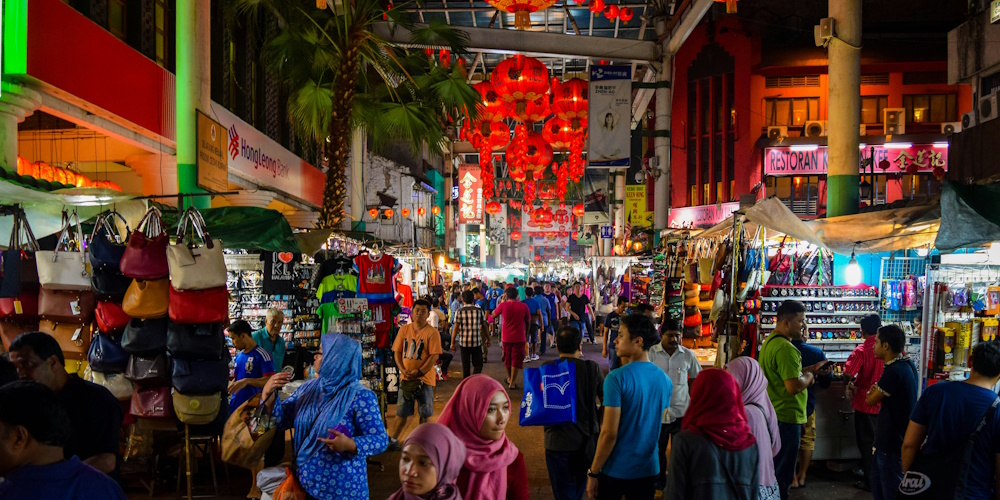
Living in Malaysia means experiencing a melting pot of cultures and a variety of customs, festivals, and traditions. While the country's cultural diversity is enriching, it's also sometimes overwhelming, especially when it comes to understanding unfamiliar customs and practices.
While English is widely spoken, proficiency can vary, which might lead to some communication challenges. Respect for elders is a deeply ingrained value, and modest dressing is expected in many settings, especially in religious places. Despite the differences, most people in Malaysia are welcoming to newcomers.
As a newcomer, you may experience some culture shock when you arrive, but over time, you will find Malaysia’s unique customs and traditions enriching. The key to making the most of your experience is to make the most of the diversity by getting involved in the local way of life. Participating in cultural events like Chinese New Year, Hari Raya Aidil Fitri, and Thaipusam will help you understand and appreciate the lively mix of customs.
Local Culture in Malaysia
Diversity and Inclusion in Malaysia
Living in Malaysia with children
Malaysia offers a good environment for raising children. Public parks, playgrounds, and family-friendly activities are plentiful, especially in cities like Kuala Lumpur. The country is also known for its community-focused lifestyle, which means children can easily make friends and engage in various activities.
Finding a school
Finding a school in Malaysia is a top priority for many expat families. The educational quality among public, private, and international schools varies significantly. Public schools generally follow the Malaysian National Curriculum, providing a broad educational foundation, although class sizes can be large. This can limit the level of personalised attention your child may receive.
Private schools, on the other hand, often offer globally recognised curricula like the Cambridge or International Baccalaureate (IB) and have smaller class sizes. This allows for more personalised attention and a focus on well-rounded development.
International schools are renowned for their rigorous academic standards, globally recognised curricula, and modern facilities. They also boast a diverse student body, which fosters a global perspective for your children.
Education and Schools in Malaysia
International Schools in Kuala Lumpur
Healthcare and hospitals
Healthcare in Malaysia is both accessible and affordable. The public healthcare system offers a high standard of medical care, with a network of hospitals and clinics throughout the country. Public healthcare is affordable but often faces overcrowding and longer wait times, particularly in major urban areas. In rural areas, accessing healthcare can be more challenging, as these regions may lack adequate medical facilities compared to urban centres.
Numerous top-quality private facilities cater specifically to foreigners, offering shorter waiting times and personalised care. While more expensive, private healthcare offers quicker access to specialist services and top-tier facilities, making it a preferred choice for many expats.
Malaysia is also a popular medical tourism destination, renowned for excellent service, state-of-the-art facilities, and highly trained medical professionals. Despite the quality of the public healthcare system, it’s advisable to have private health insurance to ensure comprehensive coverage, especially since foreigners do not qualify for the public healthcare scheme.
Healthcare and Health Insurance in Malaysia
Getting around Malaysia
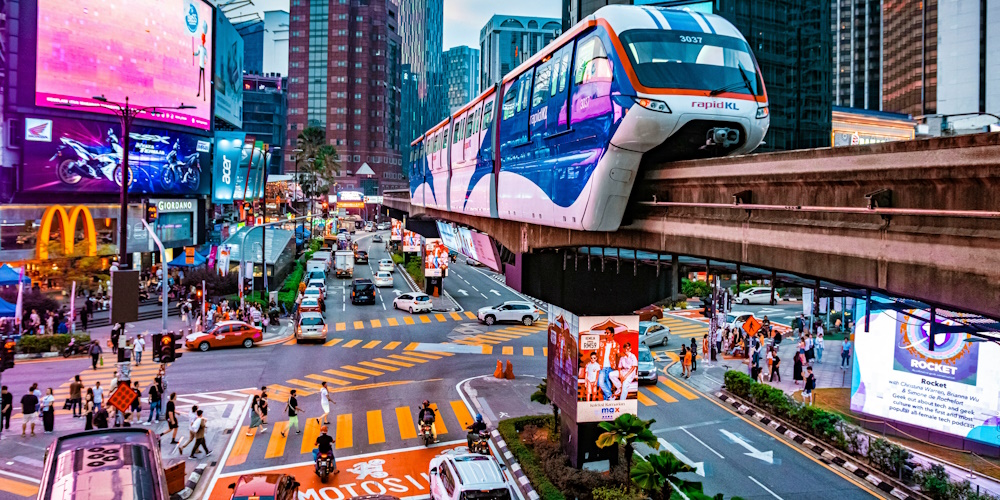
Getting around Malaysia is generally cheap and easy, especially within Peninsular Malaysia. The country has an extensive bus system, and the Light Rail Transit makes getting around quick and convenient. Taxis and ride-hailing services are also easily available in the larger cities, making urban commuting hassle-free.
East Malaysia, on the other hand, is slightly less developed than the mainland. Transport systems in East Malaysia are gradually improving, with new road networks and infrastructure projects aiming to enhance connectivity between urban and rural areas.
Public Transport and Driving in Malaysia
Climate in Malaysia
Although Malaysia is split into two distinct parts, the landscape and climate are fairly similar. The country has equatorial weather, with the southwest monsoon season from April to October and the northeast monsoon season from October to February.
The tropical climate features year-round hot and humid conditions, with temperatures ranging between 73°F and 95°F (23°C to 35°C). The monsoon seasons bring heavy rainfall, especially between September and October, occasionally leading to localised flooding and travel disruptions. It’s wise to be mindful of weather forecasts during these times to avoid potential issues, particularly with commuting.
Staying hydrated and seeking air-conditioned environments are critical to coping with the heat and humidity. Expats with respiratory concerns should also be aware of the occasional haze pollution, which can impact air quality significantly during the dry season.
Weather in Malaysia
Malaysia is a stable country eager to attract foreign businesses and investors. The diverse population ensures a warm reception for expats as you settle in. With a high standard of living, beautiful sights to see, and interesting cultures to learn about, you will enjoy your time here. By adapting to the cultural variety, engaging in local experiences, and adjusting to the energetic way of life, you will find Malaysia a rewarding place to call home.
Fast facts
Population: 34 million
Capital city: Kuala Lumpur (also largest city)
Other major cities: Johor Bahru, Ipoh, George Town
Neighbouring countries: Malaysia is bordered by Thailand to the north, Indonesia to the south and southeast (which it shares the island of Borneo with), the Philippines to the east across the South China Sea, and Singapore to the south.
Geography: Malaysia has a diverse landscape of coastal plains and mountainous terrain. The two major regions of Malaysia, Peninsular Malaysia and Malaysian Borneo, are separated by the South China Sea. There are also a number of outlying islands that form part of Malaysian territory. Mount Kinabalu, on the island of Borneo, is the highest mountain in Malaysia. The country’s diverse mountains and rainforests are home to some of the most unique creatures on Earth.
Political system: Federal parliamentary constitutional elective monarchy
Major religions: The majority of the population is Muslim. Buddhism and Christianity are also quite prominent.
Main languages: Malay is the official language, while English is widely spoken in business. The Chinese population in Malaysia usually speaks Cantonese, while the majority of the Indian population in Malaysia speaks Tamil.
Money: The Malaysian Ringgit (MYR), divided into 100 sen.
Time: GMT+8
Electricity: 240V, 50Hz. Malaysia uses three-pin, UK-style plugs.
Internet domain: .my
International dialling code: +60
Emergency contacts: Dial 999 for a police ambulance emergency or 994 for fire emergencies.
Transport and driving: Cars drive on the left side of the road. The country has an extensive public transport system consisting of trains, buses and ferries, though this is less developed outside of Kuala Lumpur.
